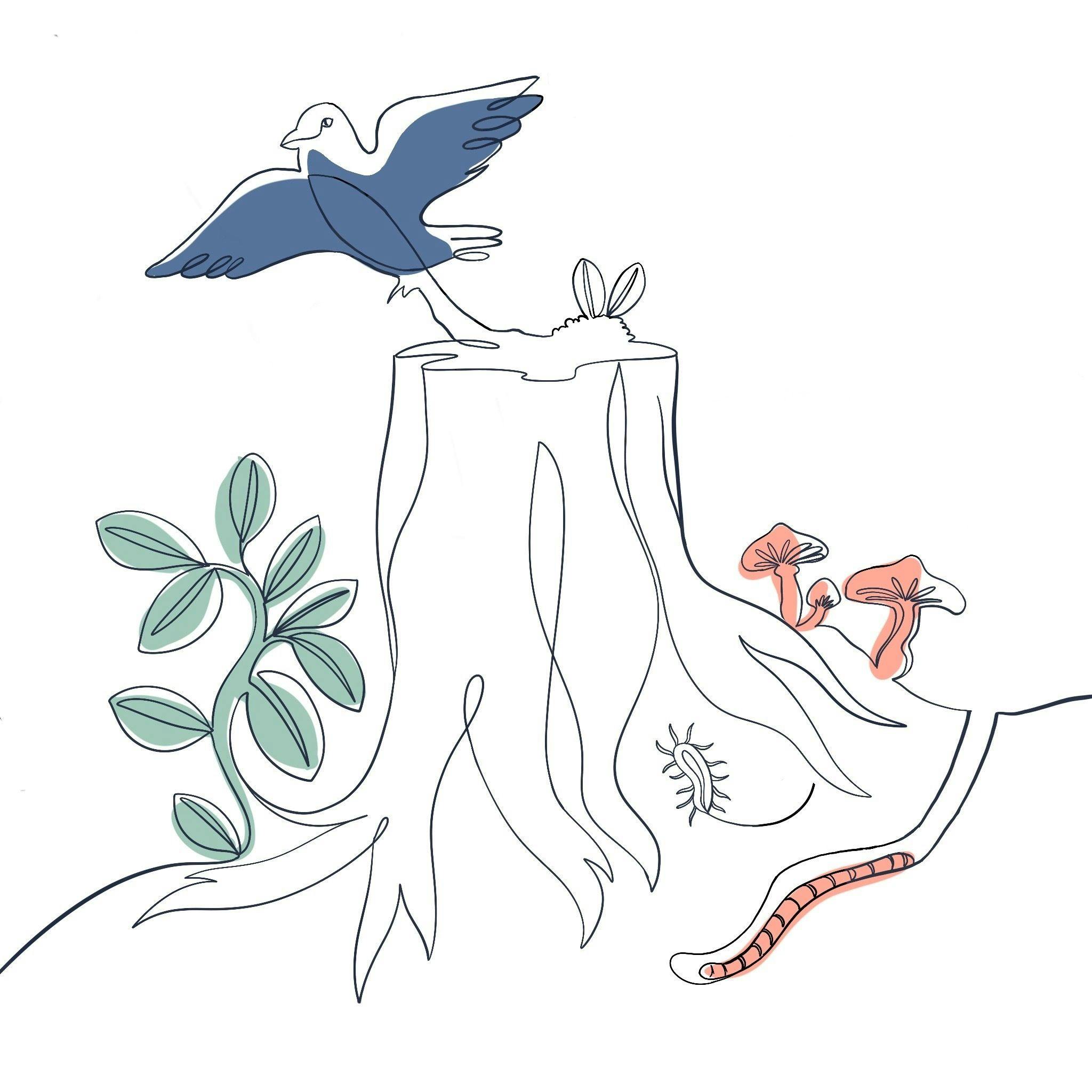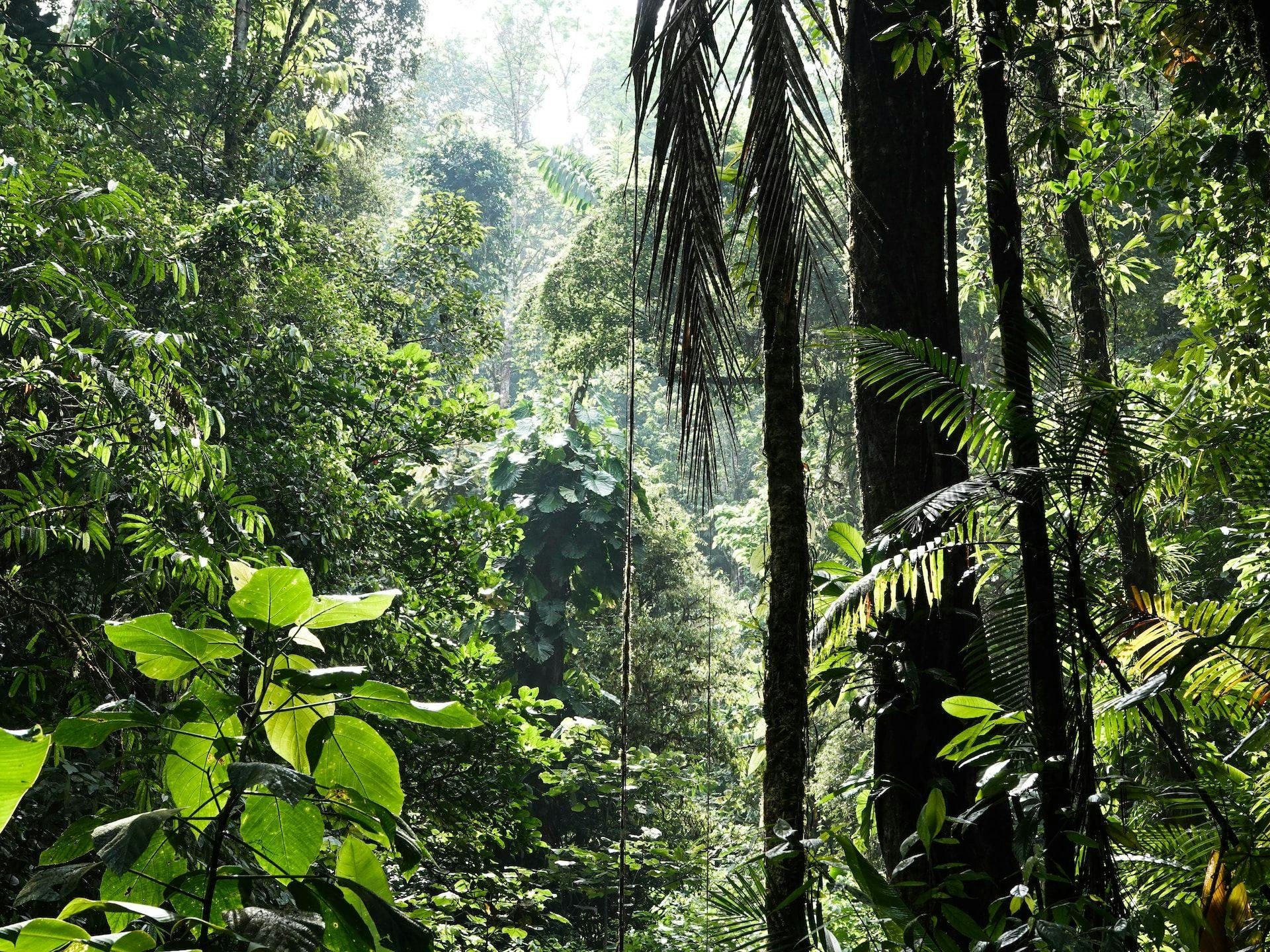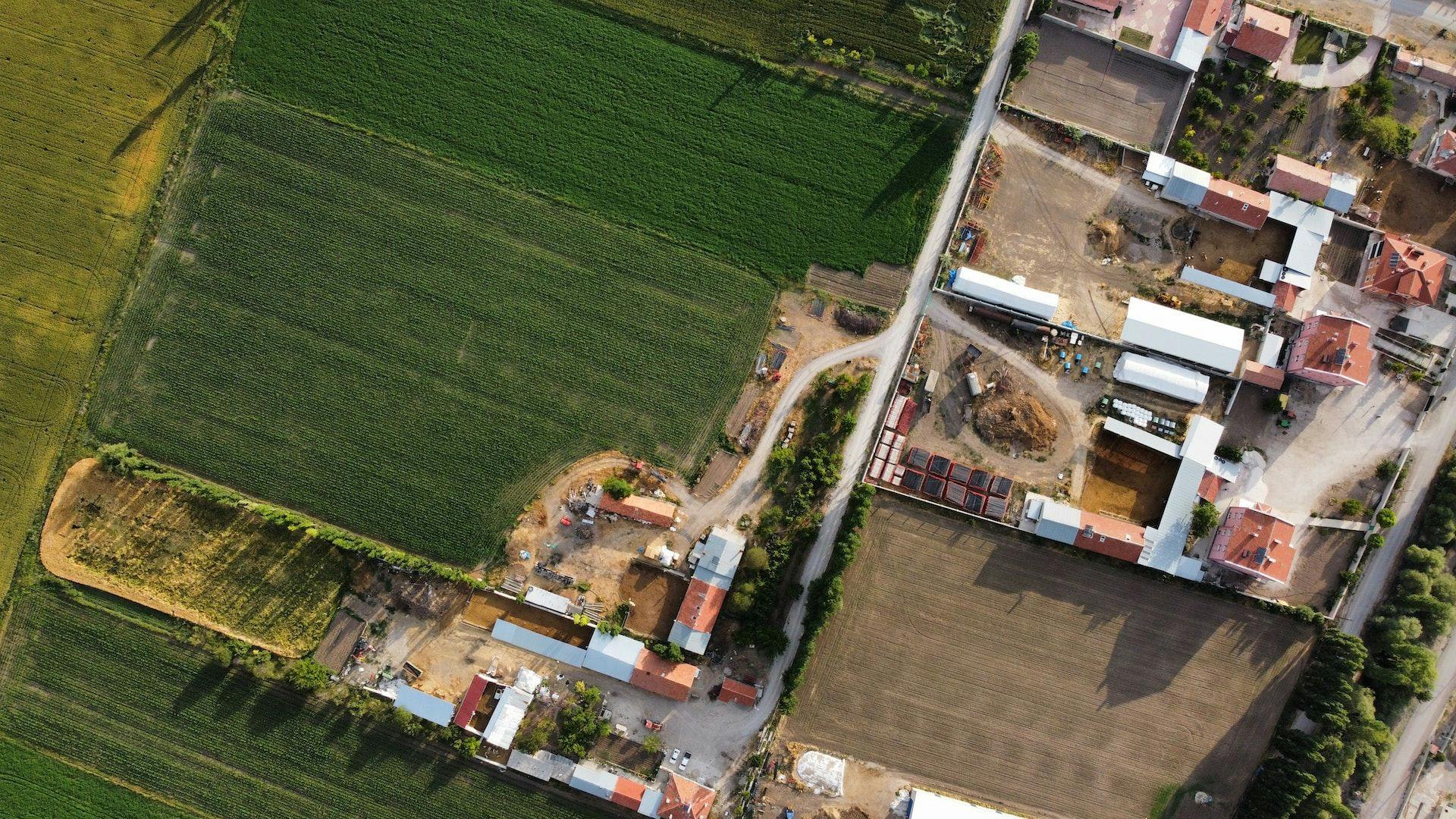Harnessing Biodiversity Credits for People and Planet
This Executive Summary is an extract from the full report "Harnessing Biodiversity Credits for People and Planet", initially published on Nature Finance's website.
Executive Summary
The One Forest Summit held in Libreville in March 2023 gave significant attention to biodiversity credits (which, for the purpose of this paper, includes many forms of credits and associated names including certificates), including biodiversity-positive carbon credits. Discussions were informed by a high-level report entitled ‘Innovative Finance for Nature and People: Opportunities and Challenges for Biodiversity-Positive Carbon Credits and Nature Certificates’, which was developed and presented under the auspices of the Global Environment Facility (GEF).
The report’s key conclusion was that:
“…with clear policy frameworks and signals, good governance, improved institutional capacities, and inclusive and transparent rules of engagement, biodiversity-positive carbon credits and nature certificates have the potential to markedly complement other financial mechanisms towards meeting the goals and targets of the Global Biodiversity Framework and the Paris Agreement”.
This paper, ‘Harnessing Biodiversity Credits for People and Planet’, builds on the GEF/IIED paper, its 10 recommendations, and the deliberations and commitments of the One Forest Summit. It highlights recent trends, identifies critical design challenges, and sets out an initial Roadmap for addressing them by crowding in the insights and experience of partners that will collectively chart an effective way forward on these rapidly evolving markets.
The current surge in activity around biodiversity credits is being driven by the increased visibility of the importance of biodiversity in national policies, markets, and international cooperation, exemplified by the Kunming-Montreal Global Biodiversity Framework (KMGBF). The surge has included action in developing definitions and taxonomies, measurement and certification schemes, trading pilots, national policy and regulatory developments, as well as early attempts to link credits to other financing instruments and initiatives.
From the perspective of international cooperation, two imperatives have emerged around the rapid scaling of these markets. First, ensuring biodiversity credits can channel scaled, international financial flows to achieve the 2030 Agenda on Sustainable Development, the Kunming-Montreal Global Biodiversity Framework, and the Paris Agreement, with associated effective oversight. And second, enabling financial flows to support the maintenance of biodiversity (e.g. primary forests), threat mitigation, restoration, and regenerative agriculture and aquaculture.
In the context of these shared global goals, there are five core design challenges for enabling high-integrity biodiversity credit markets:
- Providing credible, timely, and affordable measurement and monitoring of the state, improvement and/or maintenance of biodiversity.
- Scaling sustained and high-integrity demand for credits and associated financing.
- Ensuring sufficient high-integrity supply of credits that offer nature positive outcomes.
- Securing adequate price and equitable distribution of rewards to project developers, sovereigns, and Indigenous Peoples and local communities.
- Establishing robust governance and broader, transparent institutional arrangements.
These inter-related design challenges can and must be addressed to ensure that the rise of biodiversity credits/certificates and biodiversity-positive carbon credits deliver scaled, equitable, positive outcomes for people and the planet. Across all of the core design challenges it will be important to cultivate markets for biodiversity credits which take advantage, where adequate, of architectural synergies with the carbon market infrastructure.
Our collective challenge is to ensure that technical, market, and political tracks converge towards structured biodiversity credit markets that deliver for nature, climate, and people.
France and the UK therefore propose to help to address this collective challenge by initiating an open and inclusive process (’a Global Roadmap to Harness Biodiversity Credits’), working with other countries and key partners and drawing on existing processes and initiatives, with a view to scaling up the use of biodiversity-positive carbon credits and biodiversity certificates, and structure biodiversity credit markets in ways that deliver significant, equitable, nature positive outcomes.
A high-level, multistakeholder Advisory Panel will be established to deliver the envisaged Global Roadmap that will bring together and harness the most important and impactful collective thinking and practice on developing high-integrity biodiversity credits, with the active involvement of the Global Environment Facility (GEF).
The Advisory Panel will deliver its findings and recommendations to a coalition of countries committed to the use of biodiversity credits as a key way to accelerate financing for biodiversity. Its findings and recommendations will be taken up by a wide range of non-state actors including market participants.
The Advisory Panel will anchor its activities around the key milestones in the international calendar presented by the climate change and biodiversity conventions, as well as any other relevant multilateral processes such as UNEA or the G7 and G20. These all provide opportunities for high-level engagement on incremental steps towards the development of the market, and will include:
By UNFCCC COP28, the Advisory Panel will submit its roadmap to a larger group of key stakeholders including sovereigns, IPLCs, and market actors. The Roadmap will include actionable recommendations on scaling up biodiversity credits and support the development of the practical and political conditions under which the first representative transactions will take place and send positive signals to the marketplace.
By UNCBD COP16, the Advisory Panel, with the cooperation of the larger group of stakeholders, will build on the recommendations for piloting approaches for the rapid development of equitable and high-integrity biodiversity credit markets that can be scaled, and deliver significant new sources of finance for biodiversity outcomes.
The Advisory Panel will build as much as possible on the existing engagement and expertise in related processes, initiatives, and platforms, identifying commonalities and gaps and building on synergies in designing approaches that support ambitious actions to ensure that high-integrity biodiversity credit markets move from theory to delivery.
The Advisory Panel will guide an open and inclusive working process which will draw on insights from policy makers and regulators, Indigenous Peoples and local communities, market actors including the financial community, experts, and broader civil society.
In conclusion, this paper shows that with proper governance and sustained political and financial support, biodiversity credits have the potential to deliver financing, support nature’s custodians, and improve biodiversity outcomes at scale. Their development, alongside other finance mechanisms for biodiversity, merits the full and urgent attention of the international community. The paper and the accompanying Global Roadmap is intended to provide the building blocks for such concerted and timely action.
















